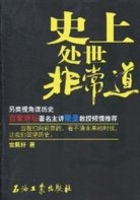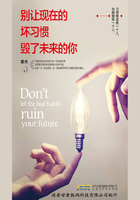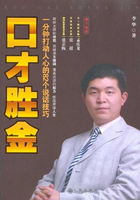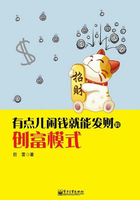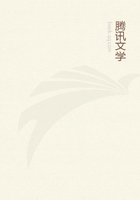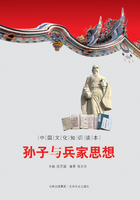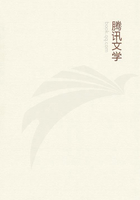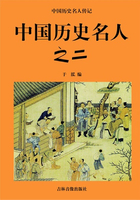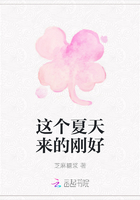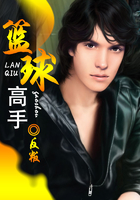Understand, accept and revel in the fact that you are, indeed, products of“the first American university.”
As you burst forth upon the scene, I urge you to do so with energy and determination, certainly, but also-and here I come to my second theme-withhumility. Being the weak and vain little creatures that we are, we sometimes imagine ourselves to be miniature suns, with the planets, and perhaps even a weak willed star or two, in perpetual orbit around us. While some might be tempted to forgive this seemingly harmless conceit, I urge you to resist. It is a conception of self that is hideously wrong-headed and profoundly destructive.
The older I get, the more conscious I am of the fact that I am the elaborate construction of others. These include family and friends, of course. But also, and just as importantly, are the teachers, the mentors, the colleagues and yes, even the students, from whom I have learned, and continue to learn, so much. In matters large and small, they have enabled me to grow in ways that I could never have imagined when I set out on this journey three and a half decades ago.
There is nothing wrong in feeling a sense of satisfaction-even a bit of pridein one‘s accomplishments, whatever they might be. The danger is in believing that you did it all on your own. Guess what: You didn’t. None of us did. It can‘t be done. We are who we are because of the countless acts of kindness that have come our way, many of them from people who were under no obligation whatsoever to lend us a helping hand. And yet they did-time and time again.
Believing in one’s self is an essential tool for survival. And many of us find self-confidence-not to be confused with arrogance-an attractive personality trait. But understanding that our ability to navigate successfully the often rocky shoals of life-not to mention the occasional header directly onto the rocks-is the consequence of investments made in us by others, is one of most important lessons you‘ll ever learn. There is no such thing as a self-made man or a self-made woman. Take my advice: learn this lesson now, lock it in place, and never, ever forget it.
At a dinner for the Stanford Board of Trustees, held at Hoover House inthe spring of 2004, President Hennessy asked me take 10 or 15 minutes to preview for Board members what is now known as the Stanford International Initiative, which is the university wide effort to invigorate and extend Stanford’s excellence in international studies. At the conclusion of my remarks, one of the Board members asked why (in his words)“any self- respecting academic”trained, after all, to think, to write and to teach, not to organize, to administer and to implement a campaign as ambitious as the one I had just set out-would agree to undertake such a mission.
“Oh,that‘s an easy one,”I said in response.“Whatever modest achievements have come my way professionally are the result of the privilege of my being associated with this University for the past 25 years. Simply put, I owe Stanford everything. And if Stanford-by which I meant President Hennessy in this context-wants me to take on this new task, who am I to decline:”
The point, I trust, is clear. With success comes responsibility-first of all to the people who have made your success possible-but more broadly as well. As you move through life, never forget the debt you owe to that handful of institutions that have nurtured and sustained you.
The third theme I want to devote a little time to today is honor, by which I mean engaging with others in an honorable way.
There is an ever present tendency among us deeply flawed humans to do things the easy way and, whenever possible, to cut a corner or two en route if we can achieve our goals more quickly or by expending less effort. Reliance upon such efficiencies is perfectly acceptable-indeed, it often makes sense- but only if in the act of so doing we do not deceive, mislead, or misuse others with whom we are sharing the road.
Dealing with other people-whoever and wherever they may be-in an honorable and trustworthy manner is the essence of the social compact. It isthe glue that holds communities together, the lubricant that keeps the wheels turning and the cogs meshing. Violate this most precious of contracts, and we endanger the entire enterprise.
Trust, the confidence that one individual invests in another to do the right thing, whatever that may be-in other words, to act in an honorable wayis the wellspring of an ordered society. Social scientists may not know much. But we have come to understand that an essential precondition for human development is the existence of good institutions -be they economic, political or social in nature. But what is a good institution: While a longer explanation would be more satisfying, a shorter one will have to suffice. A good institution is one that is transparent and accountable. One that is not corrupt.
Sounds simple enough, doesn’t it: The problem is that most institutions are corrupt, to one degree or another, because human beings are not-and will never be-perfect. The fact that we, in virtually everything we do, fall short of some idealized notion of perfection is no excuse, however, to lapse into cynicism, or, worse yet, to act in dishonorable ways because everyone else is doing it-or so it seems.
Institutions that are corrupt can be reformed. New institutions, struggling to take root in inhospitable soil, can grow strong when led tenaciously by committed and honest individuals. Good can and does triumph over evil. Not every time, unfortunately; and certainly not without the expenditure of enormous treasure, human and otherwise. But it does happen. It happens when people conduct themselves with honor, when they treat others as they would wish to be treated, when they abide by the rules that they, themselves, make, and when they believe-as I believe-if not in the perfectibility of human kind than, at the least, in the notion of human progress.

